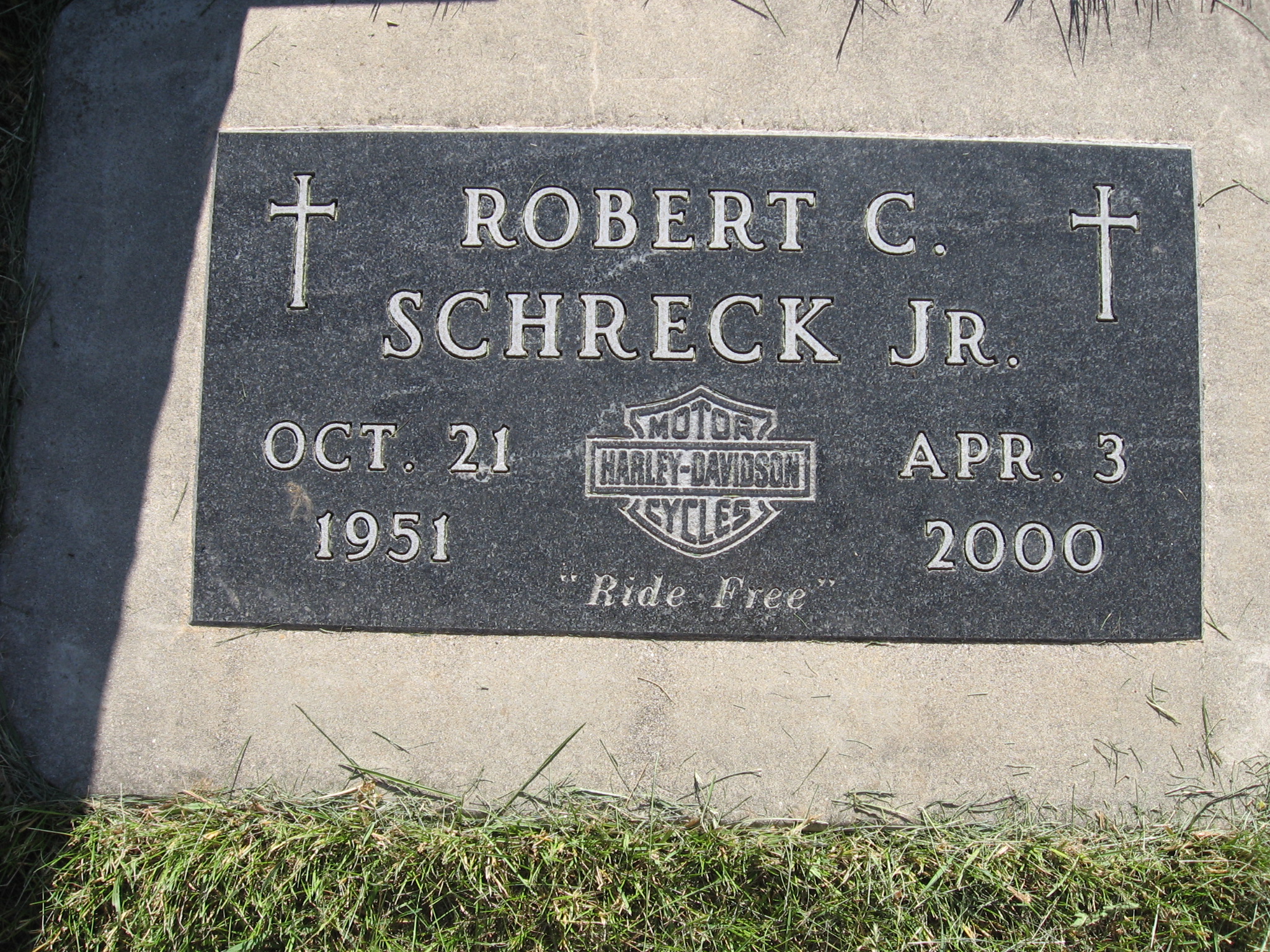I’ve been rather haunted (and only in a positive and contemplative sense) by a song that my sister recently shared with me on a “mix CD” (remember mix tapes?); I’d actually heard a piece of the song on TV somewhere, as country music is not usually something I seek, but the song moves me. This song has been stuck in my head, and I’m grateful for the messages, connections and thought patterns it’s generated.
“If I Die Young,” beautifully sung by a young, talented group called The Band Perry, carries many messages, first in the obvious sense, explained by the lead singer Kimberly Perry: “We wanted to write a song about making the most of whatever time you’re given — whether it’s two years, twenty years or two hundred. We really have gotten to live and love at our young ages. ‘If I Die Young,’ for us, is about if it all ends at this moment, look at what we’ve gotten to do. Whatever time we’re given will be absolutely enough as long as we make the most of it.”
[youtube=http://www.youtube.com/watch?v=7NJqUN9TClM&feature=player_embedded]
On the ten-year anniversary of 9/11, in the aftermath of several family and friends losing pets in only the last couple of months (six!), recently volunteering for and experiencing the local LAD (Life and Death) Matters Festival, and having had many experiences with loss, this song for me triggers the importance of our families and friends knowing our preferences for funeral arrangements. Sitting in the probate office in downtown Milwaukee at 24 years old, managing all of my father’s affairs after he suddenly died at 48, I wished I’d known my father’s preferences for funeral services and to whom he would have willed certain belongings. I also had the unpleasant experience with the probate officer of being mistrusted and even threatened because I was so young (Probate Man: “You’re agreeing to a serious responsibility and need to do what’s needed to handle your father’s affairs. If you decide to leave the state and take off without handling these affairs, you have a $10,000 mark on your head.” What?!) . And then there were random people both showing up unannounced at my father’s residence as I sorted his things and several phone calls expressing desires to have my dad’s Harley Davidson leather jacket or stay at his condo for “a little while” or take his stereo.
I wished I’d known whether my dad had wanted cremation or casket burial, especially when one person very close to him shared during his funeral visitation, “You know, your dad really wanted to be cremated.” But I didn’t know. And typically requests in writing (especially willing belongings) or clearly expressed funeral desires have strength and power.
Yes, I did the best I could and honored what I did know of my dad. I notably fought for three main elements:
1. My dad would not be buried in a suit (he’d only worn a suit about five times that I knew of, and he was married three times) but a nice shirt and Harley Davidson vest (with his pins) and black jeans.
2. No, I would not cut his ponytail (that was quite an argument with Grandma Schreck who’d wanted to snip his hair several times while my father was alive, with all due respect and love to my grandmother, rest her soul).
3. Yes, we would include the Harley Davidson bar-and-shield logo on his gravestone, even in a Catholic cemetary (we included an engraved cross, too, which was required).

We’re so afraid to talk about death. And I get that. Given my own experiences and challenges, though, I have talked openly to my family and some friends about my own wishes, and when I’ve taken longer trips, I’ve left a sealed envelope with a typed and signed letter acting as a will of sorts, labeled “If anything happens to Erika…,” mainly for the sake of my dog and major belongings. For some, these kinds of discussions or actions seem morbid or untouchable, and others may even be apathetic, but I encourage these intimate conversations. We’re also easing the lives of loved ones left behind, who need to make decisions on our behalf when we ponder and share our “dying wishes,” which seems helpful and basic. While pre-arranging funerals and wills is something that we see “older” people or terminally ill people may typically consider more, having a lot of loss at a young age, I know life can end at any time and just think of these kinds of things. My dad had the business card of a lawyer in his wallet when he died; when I called the lawyer because I needed lawyer leads for handling his affairs anyway, I learned from her that he was going to call her to set up an appointment to write a will, about a month before he died. Ironic, huh?
In more than half the states, there is a statutory obligation for survivors to honor the written wishes of the deceased, to follow your personal preference. In a few states, your wishes may be over-turned in the case of cremation, however. Even if there is no personal preference law in your state…, it is better to have your wishes in writing than not at all. Courts routinely support all but the most outrageous wishes.
~ Funeral Consumers Alliance [also contains state-by-state laws for funeral rights and preparation]
Another main inspiration for this post is my recent viewing of the movie Get Low (2010), “inspired by the true story of Tennessee recluse Felix ‘Bush’ Breazeale, who planned his funeral while he was still alive, director Aaron Schneider’s dramatic period thriller stars Robert Duvall, Bill Murray, Sissy Spacek, and Lucas Black.” I highly recommend this movie.
When we do have these discussions related to funeral pre-planning, when we have reminders of how unexpectedly death can happen (even today, “9/11”), we also have a beautiful reminder of how we really want to live… now.


Erika, I loved this post. I have a secret “incase” letter stashed in my house too. With kids, this is a good reminder that I need to go make an official will and stuff like that. Thanks.
Maleesha, thank you. These matters are not pleasant to ponder, but I’ve seen the worst-case scenario with another situation: in 1996 in Wisconsin, my friend’s brother and sister-in-law—they were parents with two wee ones—were killed by a drunk driver, and they’d only written their desire for guardians (said friend and partner who’d only married a month before this tragedy) in pencil on a rather unofficial form; an ugly custody battle ensued; while the ending was good, it was a very tough year. I’ve learned it’s better to have a plan officially designated. I appreciate your comment and hope you and yours are well. Hugs!